Belmore Court: Your next best stay in the West
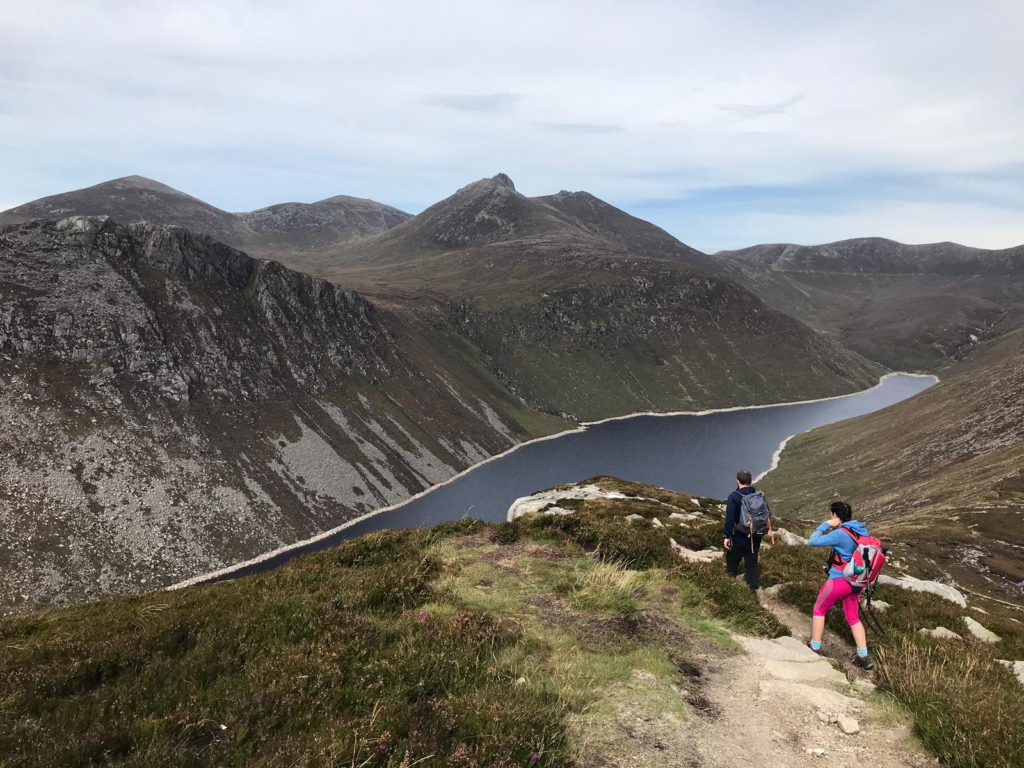
Would you like to sponsor this article?

Knowing what to eat on a hike can be a bit of a nutritional puzzle. There are just so many choices on display in the shop and so many things to consider. You want to save space, pack light, make storage easy, have good shelf life, include the right nutrient mix and many other concerns.
It’s easy to get confused and frustrated and then not bring anything at all, instead relying on the kindness of your hike-mates to get you through.
These 8 tips should help steer you in the right direction and leave your friends impressed by your smart planning.
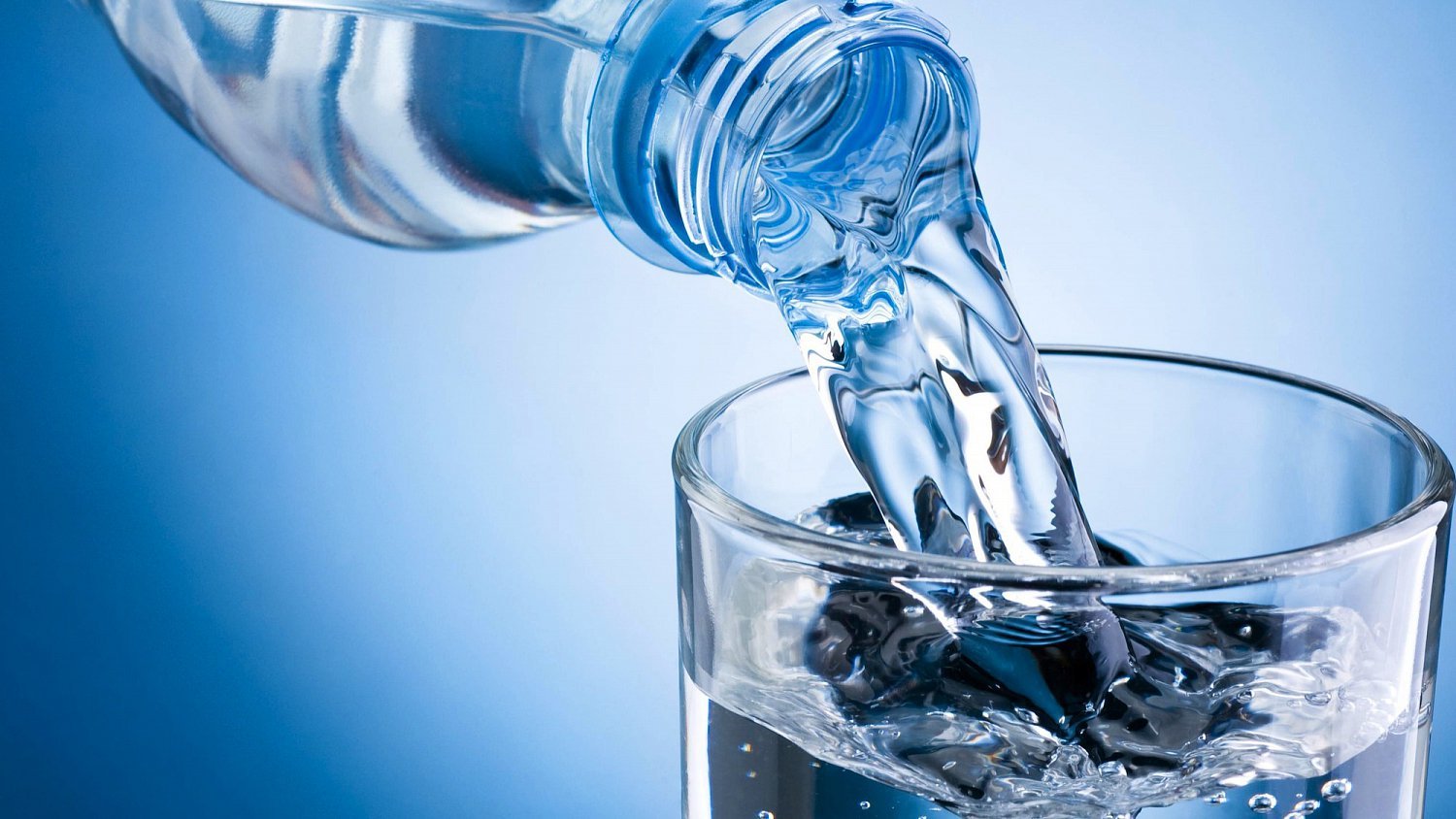
READ: Top 5 Sunrise/Sunset locations in the Mourne Mountains
Even in colder weather you’ll probably still want to bring some water with you. When it’s colder we often don’t realise just how much moisture we’re losing through sweating and even our breathing.
It’s much more obvious during warmer weather that we’re losing fluid (just check under your arms if you don’t believe me). Nonetheless, it’s important to bring enough water and extra, just in case. You never know what can happen up the mountain. You might even meet another hiker who is in desperate need of it so it’s always good to help others out.
Thirst is an early sign of dehydration and even by that stage you’re probably already 2-3% dehydrated. Drink some water before you set out and keep sipping throughout your hike to keep yourself feeling good and full of energy.
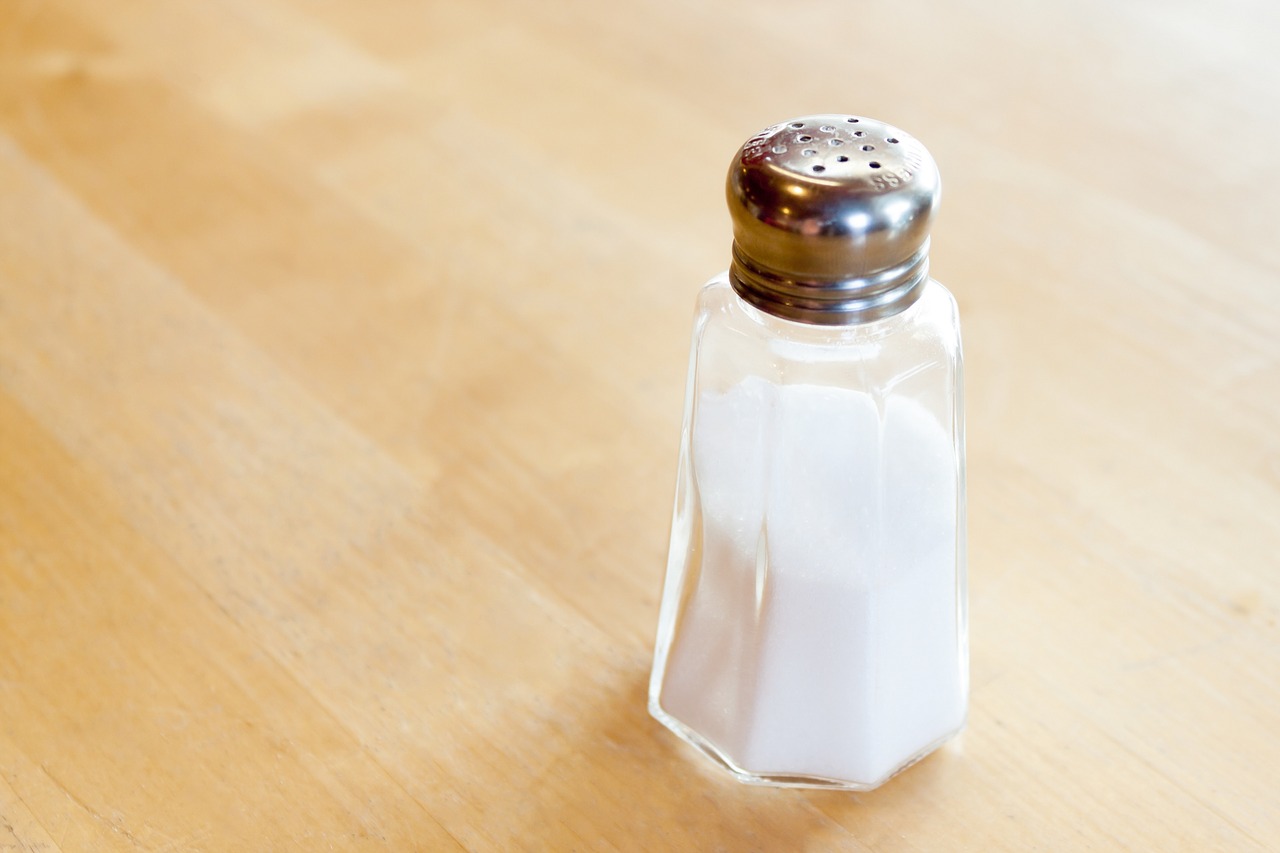
If you happen to be hiking during the summer when it can be hot, failing to get enough electrolytes can be just as harmful as dehydration. In order to power up the mountain, you need to replenish certain minerals such as; sodium, chloride, potassium, magnesium, manganese and calcium regularly.
If you focus only on drinking water without replacing electrolytes, this can lead to hyponatremia. What’s hyponatremia? Basically, your body doesn’t have enough salts to function properly and it can even be fatal.
To prevent an electrolyte imbalance, be sure to include some nutritional salted snacks. You know the ones – the ones you know you probably shouldn’t eat too much of at home – salted nuts, crisps etc. You could even take electrolyte supplements or replacement drinks if the weather is exceptionally hot and you’re planning on spending a longer time hiking.
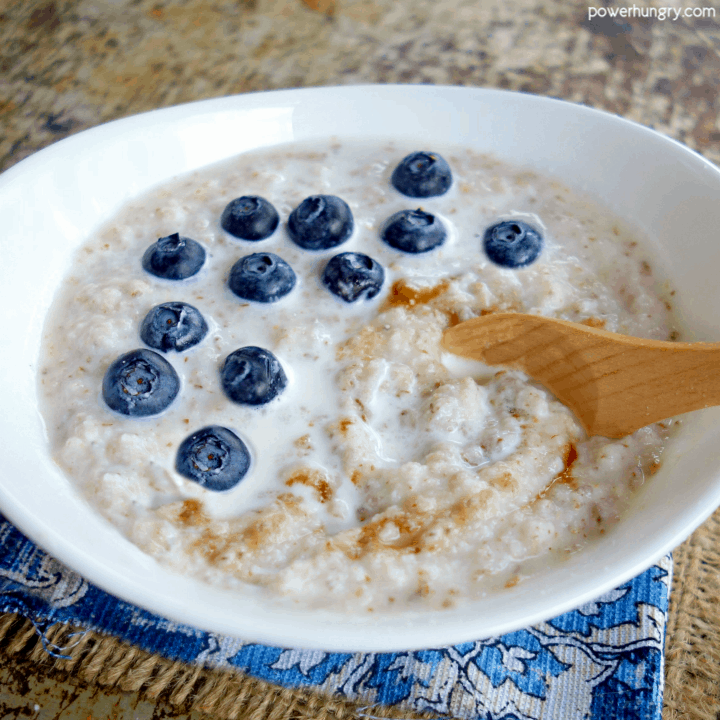
You want to hit the ground running so my advice is to make sure you eat a really good meal before heading out. Get your body stocked up on the nutrients it’s going to need. A quality carbohydrate source is the best option. Porridge oats or scrambled egg and a bagel, or granola and fruit are decent nutritional choices.
If you’ve been well fed before heading out, this will allow you to keep moving and avoid fatigue setting earlier as it would do if you went out on an empty stomach. Immediately after the hike it provides you with a great chance to refuel and take on board a larger meal with more quality nutrients.
Research has demonstrated that the best time for your body to refill its depleted glycogen stores is within one hour of intense exercise. When you add protein to this, it helps your body to restore its glycogen even faster. Speaking of which …

Protein isn’t just for bodybuilders and gym rats. It’s an important macro nutrient that enables your body to complete important repair work after microscopic tears have been inflicted on your sore, aching muscles – like during a hike for example.
Be sure to eat a nutritional protein-rich meal at the end of your hike. 25-30g should do the trick for most people.
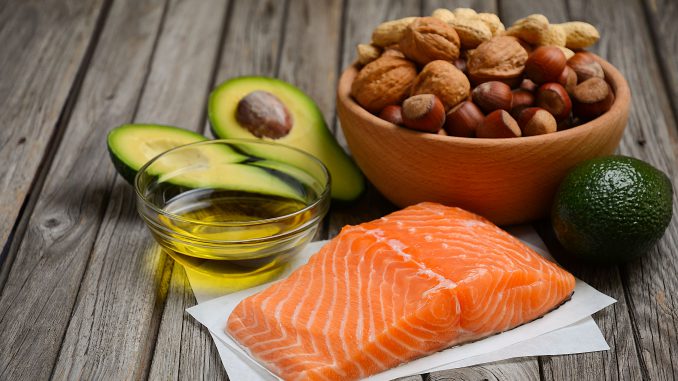
During a hike your body will use lots of energy so it’s important to refuel regularly.
Dr. Brenda Braaten, Ph.D, (nutritionist and long distance hiker), recommends a spread of 45-55% of carbs, 35-40% of fats and 10-15% of protein during longer hikes.
If you’re planning a short hike lasting no more than a day, you can place more of an emphasis on nutritional carbohydrates and protein and slightly less on fats.
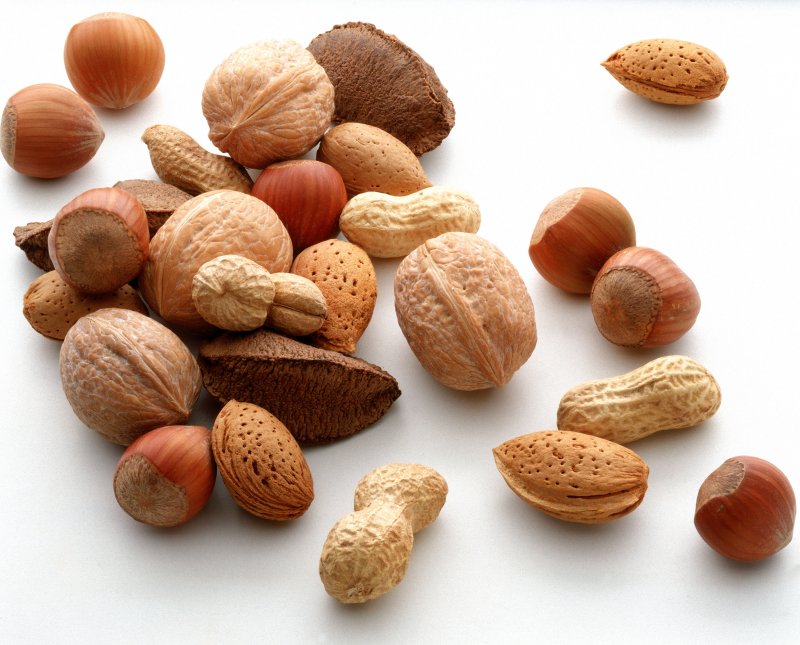
While exercising your body can only process a couple of hundred calories per hour so it’s a good idea to try and eat little, but often. This is because during exercise, a large amount of your blood is directed towards your hard-working muscles and away from your digestive system.
Rather than stopping and eating a large amount at one time, try to graze instead. Fats release their energy much slower so they must be consumed consistently, which also helps to prevent a build-up of hunger. Try up to six to eight snacks a day including high-fat nuts on longer hikes. Cashews, Almonds, Brazil, Hazelnuts, Walnuts, Macadamia, Peanuts are all great options (if you’re not allergic to nuts, that is.)
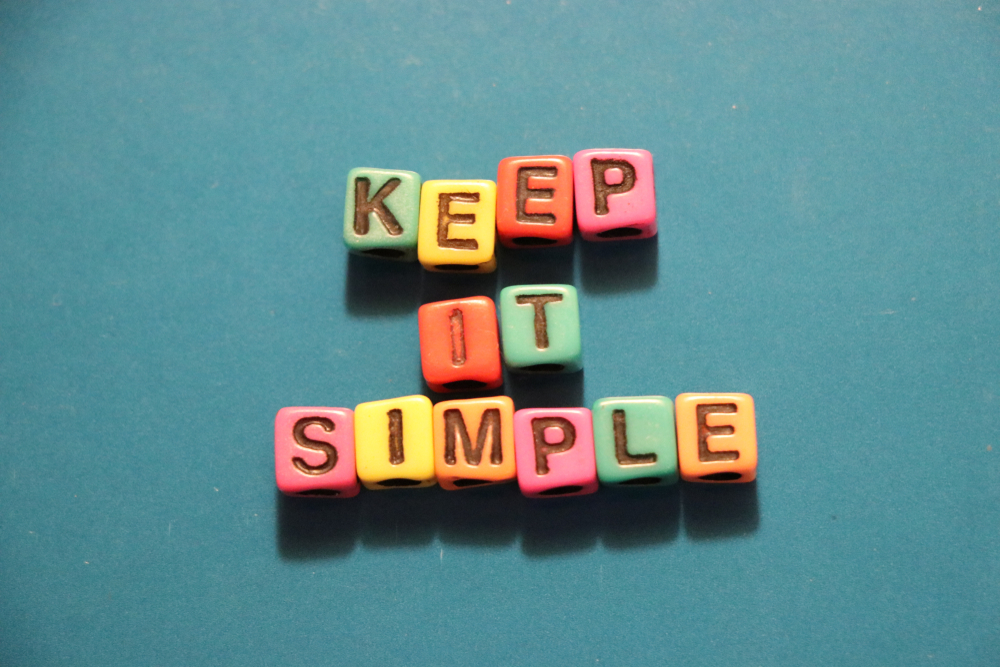
When it comes to choosing what to bring, it can become more complex than it needs to be.. We want it to taste good, but we also want it to be cheap, contain good nutritional value, be easy to store, light to carry and have a decent shelf life. Not asking for much, right?
Try not to overthink things. The main idea is to plan ahead and provide yourself with some sort of sustenance and fluids to replenish what you’ll lose during your hike. You don’t need an in depth understanding of nutrition in order to get up and down a mountain successfully, so don’t stress about what you select TOO much.
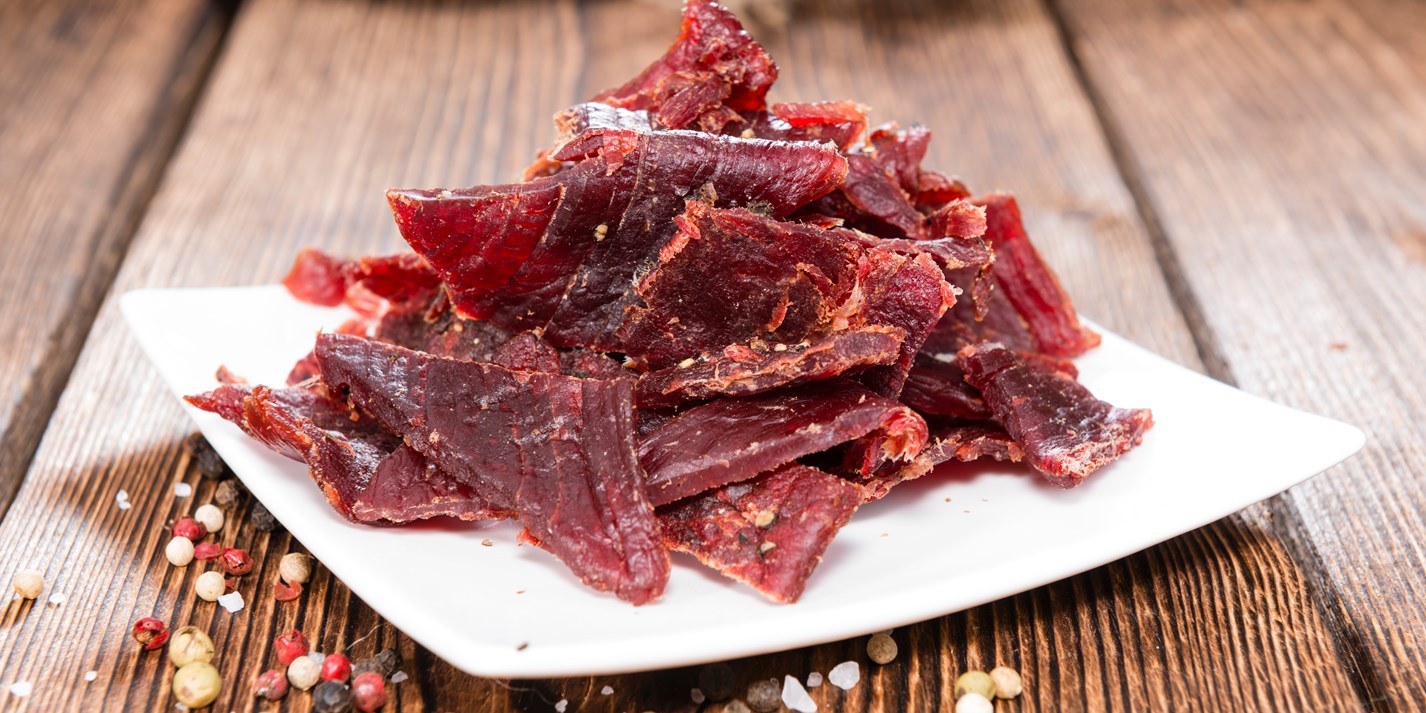
My top suggestions include:
Bring a flask and use it for some tea or coffee if it’s cold, or your favourite ice-cold drink (non-alcoholic as this will not help your climbing ability for numerous reasons) if it’s hot.
Hopefully these help you the next time you’re going for a hike. Don’t forget to bring a litter bag, pick up your own rubbish (and others too if you’re a true hiking hero) and leave no trace behind.
You can follow Stuart on Instagram or find more helpful articles here.
 Belfast,Photography
Belfast,Photography
5 scenic walks around Lisburn
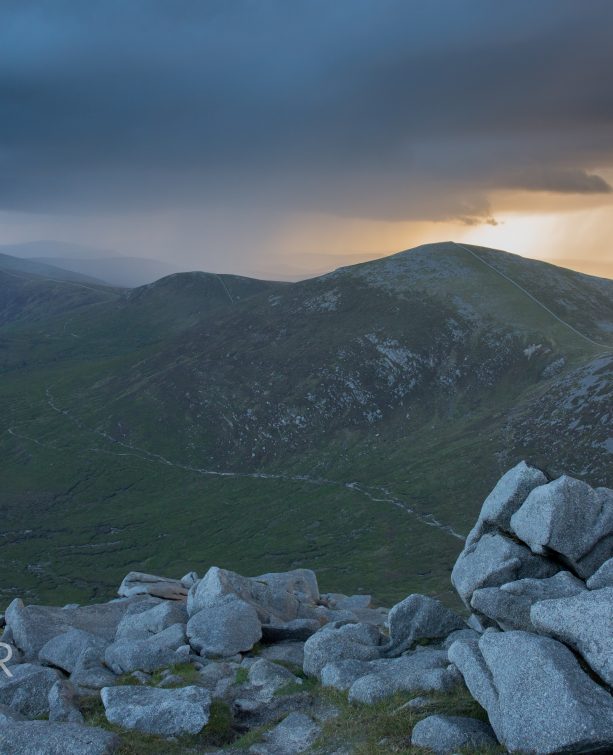 Mourne Mountains
Mourne Mountains
Bearnagh: Chased the sunset, caught the rain
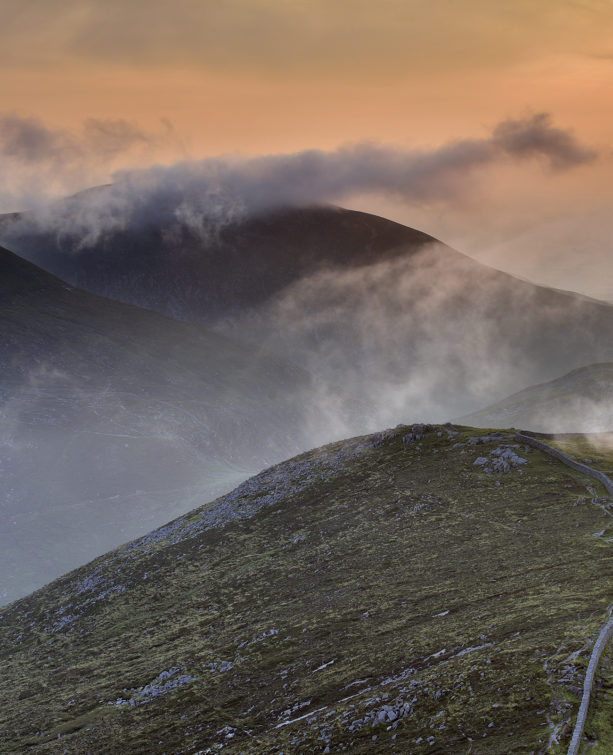 Mourne Mountains
Mourne Mountains
Camping in the High Mournes
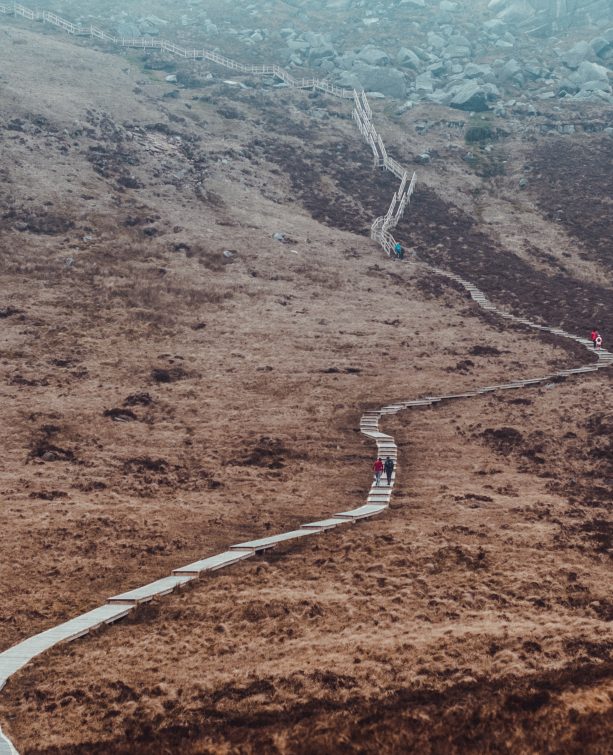 Fermanagh and Tyrone
Fermanagh and Tyrone
Cuilcagh: Stairway to Heaven
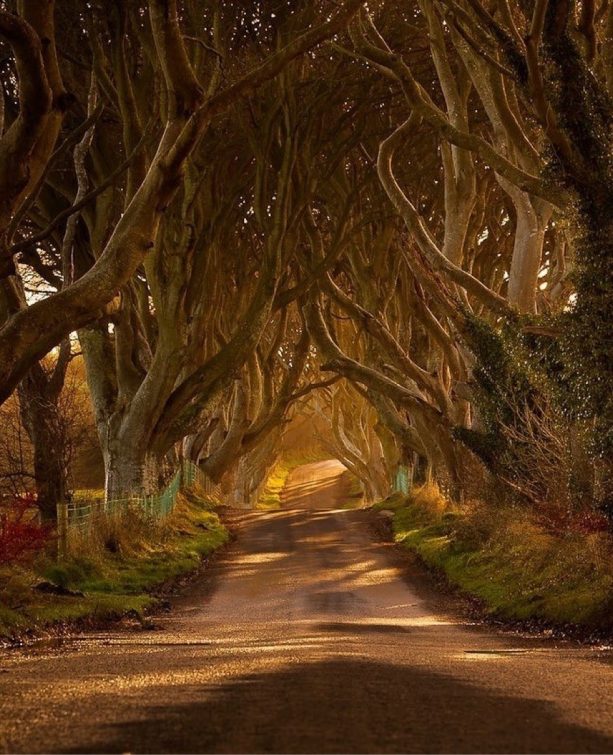 Features
Features
Every Game of Thrones Location in Northern Ireland
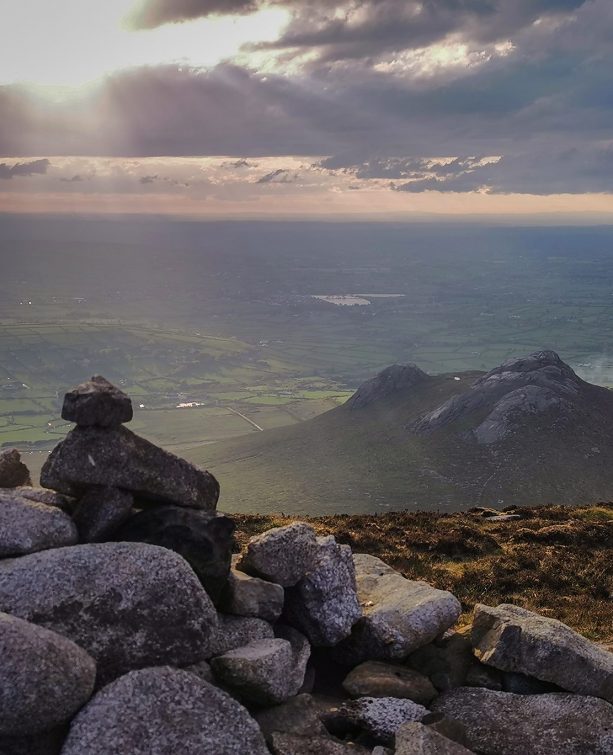 Mourne Mountains
Mourne Mountains
Hen and Cock Mountains
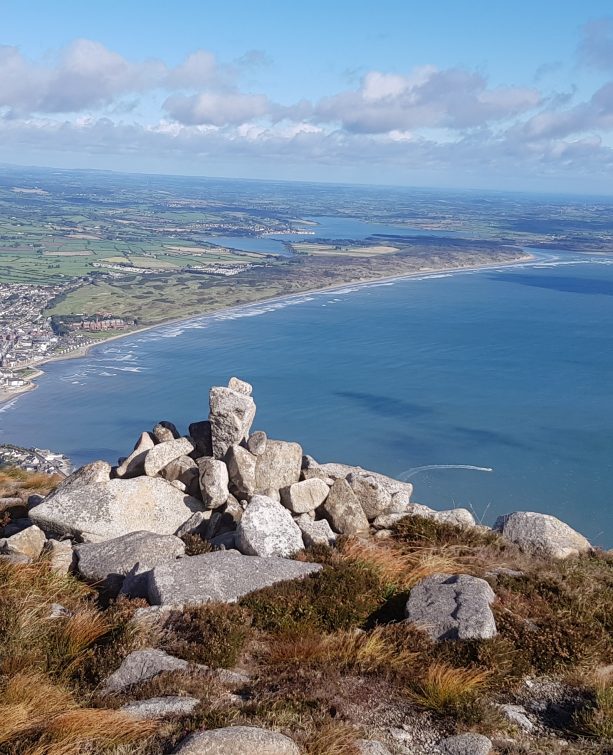 Mourne Mountains
Mourne Mountains
Leganabrachan, Millstone and Thomas: Donard’s Seaside Bodyguards
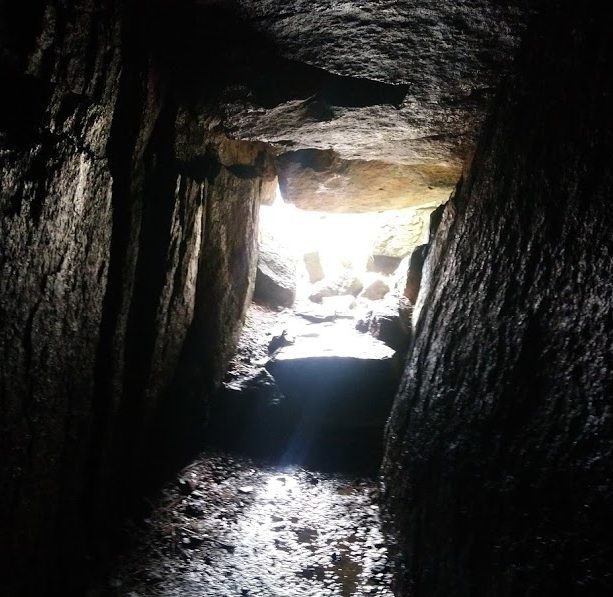 Mourne Mountains
Mourne Mountains
Percy Bysshe and Cove Caves